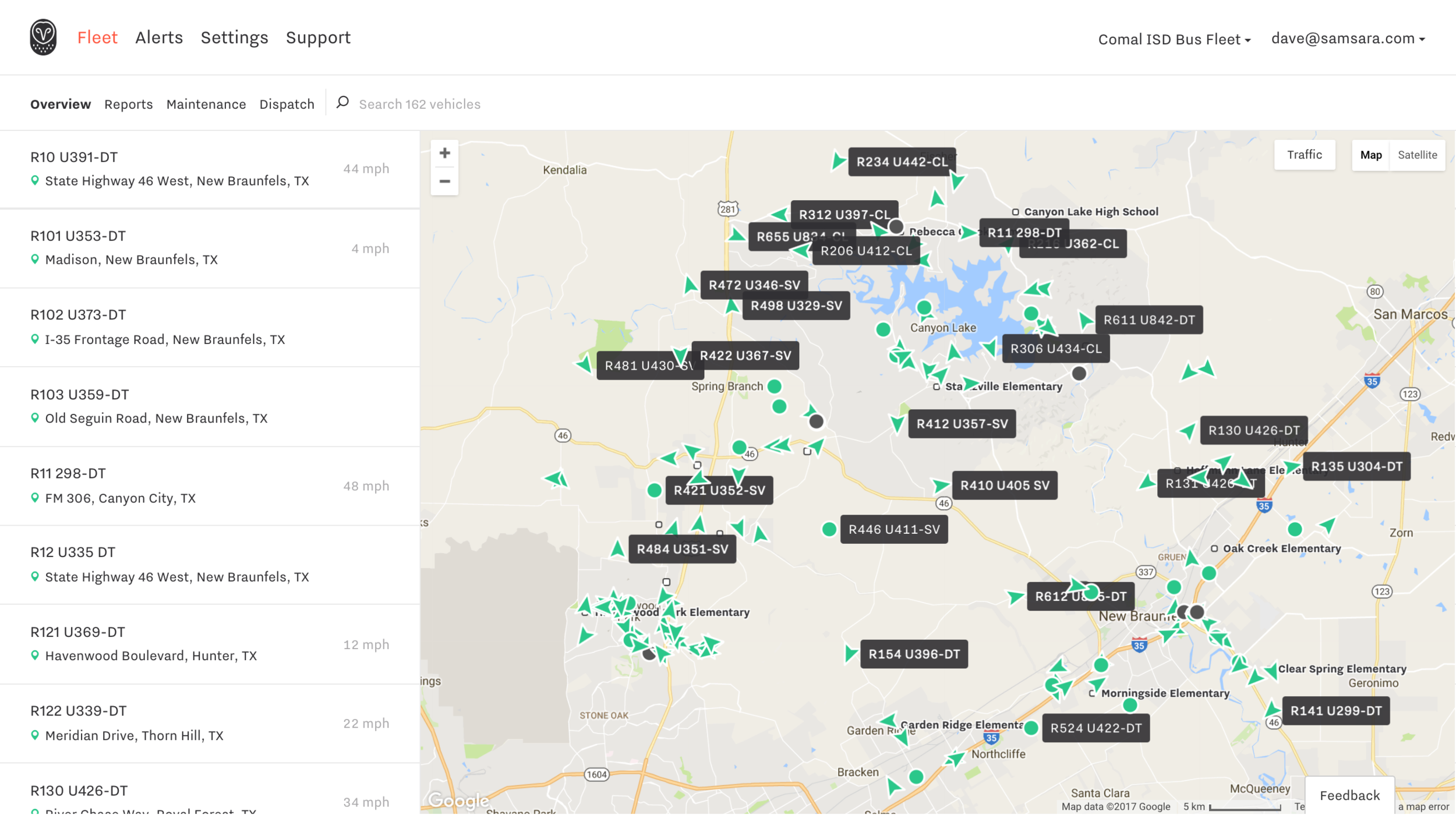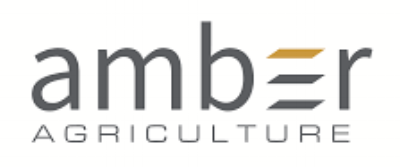NoiseAware
/Overview
NoiseAware is an Internet of Things (IoT) startup that sells a device and associated monitoring service to automatically detect noise pollution at any location. Noise pollution can include anything from loud traffic locations to parties, or just unacceptable levels of noise after a certain time period. When such an event occurs the property manager is alerted and can take appropriate action. Their technology is smart enough that one off background noises (such as sirens) will not activate an alert.
NoiseAware is currently focused on selling to landlords, especially for short-term rentals such as people listing on AirBnb, HomeAway, etc. Their next area of expansion is the outdoor monitoring for pools, hot tubs, and patios where noise disturbances travel much further. The team has excellent traction with customers in 14 countries and most of the 50 states.
They are based in Dallas, Texas and have 10 employees.
Why I like Them
As is often mentioned, "hardware companies are hard". That being said I like that NoiseAware uses their hardware as a lead into their subscription service and have a very distinct (yet broad) niche with little competition. They have a distinct advantage over general purpose at home IoT devices, such as Amazon's Echo, in that they only listen for noise pollution, so privacy is not violated. Any landlord will know noise complaints can easily cost a lot of money and signal damage being done to the property. The company has grown extremely fast with the popularity of AirBnb and the industry of multi-AirBnb property managers that have sprung up in the last few years.
I also really like that this technology has surprisingly widespread applications. The obvious use case is for rentals (a large market as it is) but the team has received a ton of interest from hotel chains, city officials, school dormitories, senior living communities - basically anywhere people sleep has shown an interest in this type of monitoring system.
Disclosure: I have spoken to members of the team.













